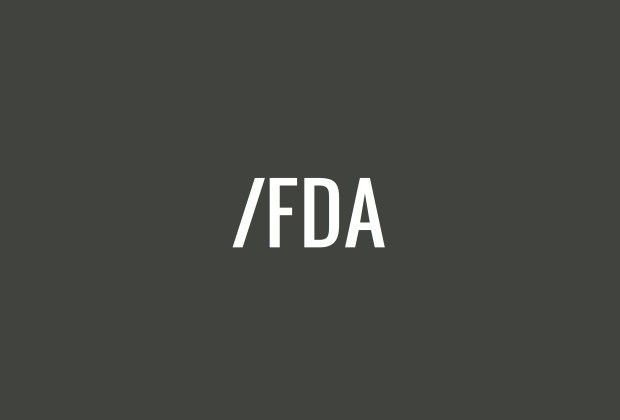Once again Congress will pass a spending bill that contains no relief for cigars.
The long-awaited FY2018 spending bill, a process commonly known as an omnibus, has been posted and like years before, there is no language that would exempt premium cigars from regulation by the U.S. Food & Drug Administration (FDA) or change the grandfather date for deeming regulations.
While prior omnibus bills have also failed to provide relief for cigars, there was a bit more optimism with this year’s spending bill. In September, the House of Representatives passed its own omnibus bill that included provisions that would have exempted premium cigars and changed the grandfather date for deemed products from Feb. 15, 2007 to Aug. 8, 2016.
Unfortunately for cigar smokers that text essentially served as a draft. Collectively, Congress was unable to agree to text for a larger spending bill until today, instead choosing to pass a series of continuing resolutions that simply extended FY2017 funding, the most recent of which will expire Friday night.
The omnibus is a collection of larger, essential spending bills. Historically, those bills would be passed independently, but in recent years the omnibus has become the normal way for Congress to fund the government.
As part of the process, Congress negotiates the details of the bill before it is introduced and waives certain rules and norms to ensure the critical funding bill can be passed.
Cigar smokers will instead hope for relief from the courts—there are multiple lawsuits regarding the deeming regulations which went into effect in 2016—or from FDA itself. Last week, the agency announced that it would seek public comment regarding whether it should exempt or change the regulations of premium cigars, a process that has not formally started.
Today’s news means cigar regulations remain in effect, though the most devastating restrictions have not gone into effect and to some degree are unknown.
Already in effect are provisions that require new cigars—any introduced after Aug. 8, 2016—to gain FDA approval before they can be sold, though most companies have products that were quietly introduced before the rules went into effect and are now beginning to formally introduce them. In addition, companies are required to pay user fees—which amount to less than 5 cents per cigar—and are in the process of registering their existing products.
In August, requirements for warning labels and advertising are slated to go into effect, though that deadline has been pushed back.
What most believe to be the most damaging and likely costly part of the regulations—the substantial equivalence requirements—has already been delayed until 2021.


